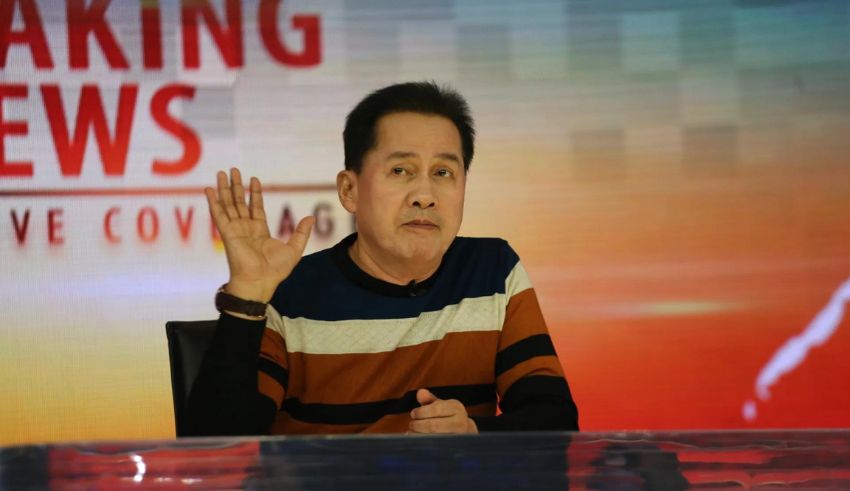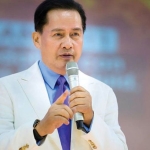
The affirmation by TikTok, as reported by Rappler, to ban Pastor Apollo Quiboloy highlights the evolving landscape of social media platforms and their responsibility in upholding accountability. This decision serves as a reminder of the power these platforms hold in shaping public discourse and the importance of ensuring that their policies align with ethical standards and legal obligations.
Pastor Apollo Quiboloy, the founder of a religious group in the Philippines, has been subject to controversy and allegations of various misconduct. TikTok’s decision to ban Quiboloy from its platform demonstrates a commitment to maintaining a safe and responsible online environment, free from individuals associated with questionable or harmful activities.
Social media platforms have become significant spaces for public discourse and information sharing, making it crucial for them to establish guidelines that address potential misuse and protect their user base. By implementing and enforcing policies that promote ethical behavior, platforms like TikTok can contribute to a healthier and more inclusive digital ecosystem.
The decision to ban Quiboloy also highlights the challenges platforms face in navigating the complex landscape of freedom of expression, particularly when it intersects with potential harm or illegal activities. Striking the right balance between allowing diverse perspectives and safeguarding users from harmful content or individuals is an ongoing challenge that platforms must address responsibly.
TikTok’s action demonstrates its willingness to respond to public concerns and align with international norms and standards. Platforms have a responsibility to be responsive to the voices of their users and take appropriate actions when necessary, particularly in cases involving potential legal or ethical violations.
However, this incident also raises questions about the consistency and transparency of content moderation policies. To ensure fairness and prevent the perception of bias, social media platforms should strive for clear and transparent guidelines that are consistently applied to all users, regardless of their background or influence.
Keep Reading
Furthermore, the role of social media platforms extends beyond content moderation. They have an opportunity to actively promote positive engagement, digital literacy, and responsible use of their platforms. This includes initiatives to combat misinformation, promote fact-checking, and educate users about responsible online behavior.
In conclusion, TikTok’s affirmation to ban Quiboloy underscores the evolving landscape of social media platforms and their responsibility in upholding accountability. As powerful gatekeepers of online content, platforms must navigate the delicate balance between freedom of expression and preventing harm. Clear and consistent content moderation policies, coupled with initiatives to promote responsible digital citizenship, can contribute to a healthier online environment. By taking a proactive approach and being responsive to user concerns, social media platforms can play a significant role in fostering a more responsible and inclusive digital space.




























